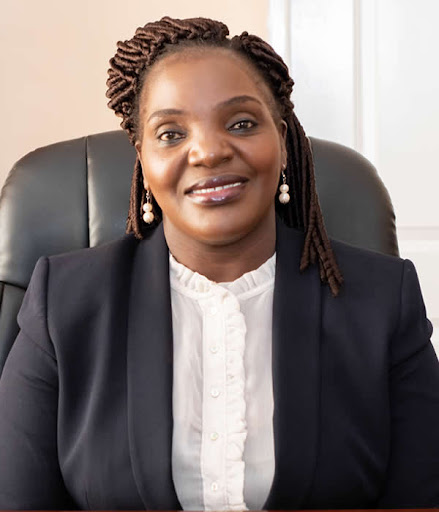|
Getting your Trinity Audio player ready...
|
Spiked Online Media Reporter
The fact that access to information remains a fundamental right to people with disabilities comes to the fore as Zimbabwe joins the rest of the world in commemorating the International Day of Sign Languages which runs under the theme ‘We sign for human rights.
The International Day of Sign Language was held yesterday (23-09-21). It was an opportunity for those with hearing impairments, the deaf, those hard of hearing, and those who can hear and use sign language to convene on finding ways to bridge the communication gap among societies.
With the newly amended Freedom of Information Act which is a replica of the Access to Information Protection and Privacy Act, this law is there to facilitate the exercise of constitutional rights by citizens which include freedom of expression and freedom of media, and the right to access to information. There is still a huge information gap especially for deaf people due to a lack of sign language education and tools.
Speaking at a virtual meeting held yesterday, Executive Director for Deaf Zimbabwe Trust Mrs. Barbra Nyangairi said the nation celebrates the International Week of the Deaf as stakeholders are trying to bridge the communication gap among deaf communities.
“We acknowledge that Sign Language is the foundation of the growth and success of deaf communities across the world. Access to Sign Language gives people who are deaf access to the world and enables them to claim and access their rights fully. Realising the rights of deaf people can be achieved through access to education in Sign Language from an early age. Qualified teachers well trained in Sign language and provision of Sign Language syllabuses for all levels is vital in ensuring Deaf learners access quality education. Access to language rights in health, justice and information in sign language will ensure deaf people are treated equally as rights holders,” she said.
Mrs. Nyangairi acknowledges the Government in enhancing the rights and interests of the Deaf community.
“We celebrate the Education Act by the Ministry of Primary and Secondary Education which puts Sign Language at the centre of learning for learners who are Deaf. A Sign Language syllabus was developed for children from Grade 1 to Grade 3; the Judicial Service Commission developed a Sign Language manual in order to increase access to justice for the Deaf and Hard of Hearing. All these progressive steps have contributed to Deaf people changing the narrative and redefining the meaning of disability,” she said.
She added that families and community support are key in advancing the rights of persons who are Deaf. Early screening, interventions and early use of Sign language help promote the social and academic skills of Deaf Learners.
“The role that parents play in the education of their children has potential to strengthen the support provided by the school and improves the educational outcomes of children who are Deaf. The Deaf Zimbabwe Trust has provided support to the Deaf and Hard of Hearing through the provision of Sign Language interpreters and note-takers to Deaf students in higher education, sign language training to health service providers, security forces, teachers, civic societyoOrganisations and state actors to ensure that the language rights of people who are deaf are upheld and respected,” she said.
Sign Language is provided for in the Constitution of Zimbabwe as one of the 16 officially recognised languages in Zimbabwe. There is a need to continue developing the language and recognising its importance in the fulfillment of the rights of people who are Deaf and Hard of Hearing.
The Freedom of information Act allows any person to make information requests. That right can be exercised and enjoyed by any person in terms of Section 62 of the Constitution without discrimination whether such a person is a citizen, permanent resident, or not a citizen of Zimbabwe. This also applies to the deaf communities who are often marginalized.






